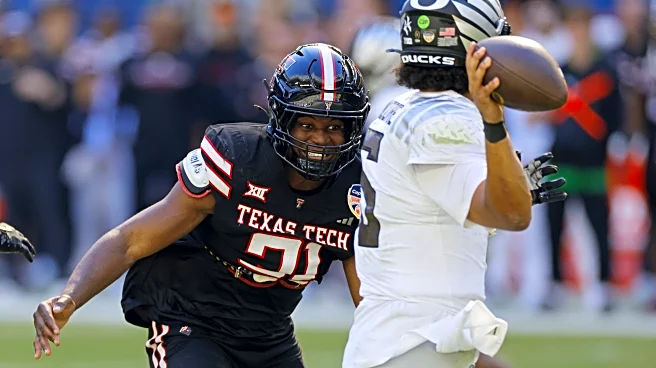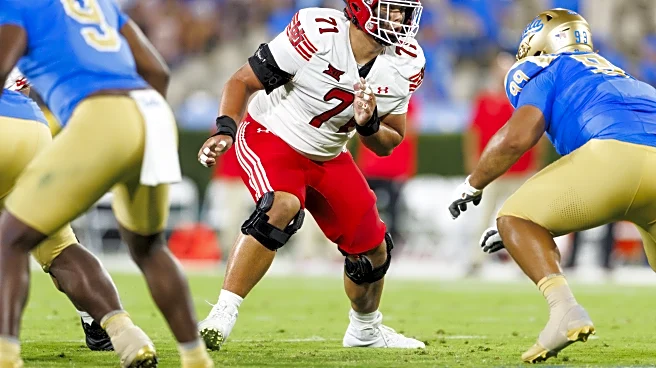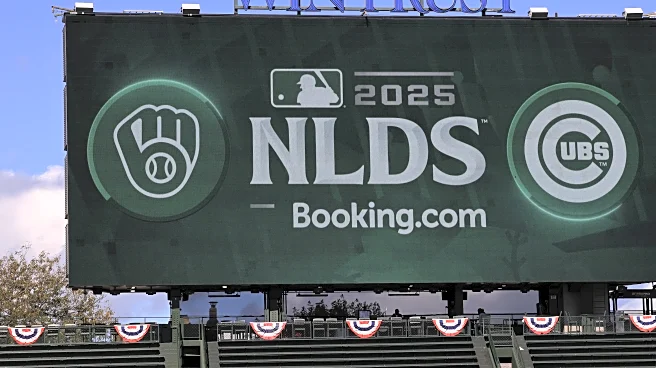Rapid Read • 8 min read
The Supreme Court has intervened in a redistricting dispute in North Dakota, blocking a lower-court ruling that threatened to undermine a key provision of the Voting Rights Act. The case involves the Spirit Lake Tribe and Turtle Mountain Band of Chippewa Indians, who argued that North Dakota's 2021 legislative map diluted their voting strength. A federal judge had previously ordered a map that led to the election of three Native American Democrats to the state legislature. However, the 8th U.S. Circuit Court of Appeals ruled that only the Justice Department can bring lawsuits under Section 2 of the Voting Rights Act, a decision that conflicts with decades of appellate court rulings allowing private individuals to sue. The Supreme Court's unsigned order suggests it may take up the case, potentially arguing it as early as 2026.
AD
This Supreme Court decision is significant as it preserves the ability of private individuals and civil rights groups to challenge voting maps under the Voting Rights Act, a crucial tool for protecting minority voting rights. The 8th Circuit's ruling, if upheld, could severely limit the enforcement of voting rights protections, impacting millions of voters, particularly in states with histories of racial discrimination. The case highlights ongoing tensions between state legislatures and minority groups over fair representation, and the Supreme Court's involvement underscores the national importance of maintaining robust voting rights protections.
The Supreme Court's decision to block the lower-court ruling sets the stage for further legal battles over voting rights. The case could be argued in 2026, with a decision expected by next summer. Meanwhile, states within the 8th Circuit's jurisdiction may seek to adjust their voting laws in anticipation of the Supreme Court's final ruling. Civil rights groups and minority communities will likely continue to advocate for stronger protections at the state level, while the Justice Department may face increased pressure to intervene in voting rights cases.
The broader implications of this case extend to the ethical and legal dimensions of voting rights enforcement. The potential restriction of private lawsuits under the Voting Rights Act raises concerns about the accessibility of legal recourse for marginalized communities. This development could lead to long-term shifts in how voting rights are protected and challenged in the U.S., influencing future legislative and judicial approaches to redistricting and minority representation.
AD
More Stories You Might Enjoy











